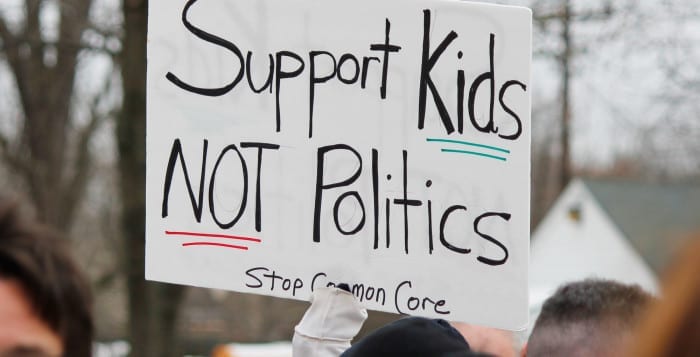As a community newspaper, we find ourselves tossing around the phrase “NIMBY” — standing for “not in my backyard” — from time to time. But it’s usually more of an expression, and a negative one, than a literal translation of residents resisting something from going into their actual backyards.
But in the case of drones, NIMBY could not be taken more literally.
Call them drones, call them unmanned aircraft systems — either way, the public perception of these flying devices is still developing as they buzz around the skies.
Huntington Town attempted this week to ground concerns over these drones when it introduced a resolution that would regulate their use for the betterment of public health, privacy and safety “so that operation of same is respectful of community standards [and] the concerns of residents, as well as protect property and privacy rights,” the resolution said.
Huntington wasn’t alone in its efforts to come out a step ahead of drone regulation, either. U.S. Sen. Chuck Schumer and several other elected leaders have been banging the drone drum for months now, calling on the Federal Aviation Administration to require drones to fly below 500 feet and limit where they can fly.
While we understand the legislative urge to keep an eye on the sky for the sake of public privacy and safety, we hope our public leaders don’t turn the drone debate into a droning drain on resources.
There are several things to consider when it comes to drawing the legislative line for drones. At what point would new laws encroach upon our personal freedoms? Whose job is it to regulate them? Does the regulator depend on how high the drone flies or what jurisdiction is underneath it? Should regulations vary based upon the type of drone?
Moving forward, our local municipalities should not jump the gun. Officials should properly investigate all the nuts and bolts of the drone industry and be careful when determining where governments should step in.
Flying a drone is not like flying a kite, and we, like many of our neighbors, are concerned about personal privacy and public safety. All we ask is that our elected officials consider the whole subject carefully before inking laws.














